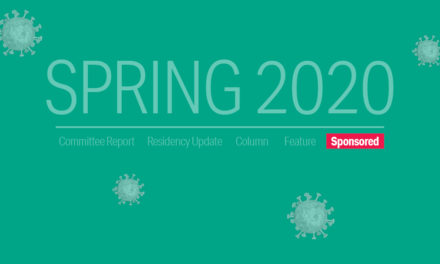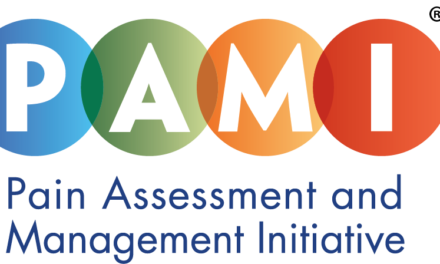Advocating for our Health Care Heroes
As of April 5, more than 9.6 million Floridians had received one of the three vaccines authorized for use to protect against COVID-19. In just three months, the state rolled out an unprecedented vaccination effort first to protect health care workers and long-term care residents, and then quickly expanding to include those 65 and older, medically vulnerable individuals, teachers and other school employees, and first responders. Today, every individual age 16 and older is eligible to get vaccinated. These data points matter because they tell the story of concerted, coordinated efforts to get Florida back to school, back to work, and back to family and friends after a devastating year.
The virus, of course, is still with us. It may always be. But, with more advanced treatments and vaccines, more hopeful times are ahead. For all of us who work in health care, our task is to process every experience and lesson learned over the last year and begin to advocate for the changes and investments we need to make Florida the envy of the nation when it comes to best-in-class health care delivery.
This advocacy is essential so that health care – institutions and the workforce – are a priority when it comes to local, state, and federal funding decisions and policymaking through laws and regulations.
At the time of this writing, the Florida Legislature was still in session. When it adjourns April 30, it will do so having crafted a state budget for 2021-2022 under some of the state’s most challenging economic circumstances. Medicaid enrollment was up 20% in March over the same time last year – a reflection of the pandemic’s impact on employment and the economy overall. More than 850,000 Floridians became eligible for the program over the course of the pandemic. At the same time, tax revenue was down – again a result of the pandemic’s impact on employment, people’s pocketbooks, and the hospitality and tourism industry.
Throughout the legislative session, our hospitals have consistently stated that now is not the time to cut health care funding and that our health care heroes deserve investment, not cutbacks.
When most of us stayed home and put distance between ourselves and others, hospitals opened their doors even wider, and their physicians, nurses, and so many others stood bravely in front of a new, never-before-seen virus that came with no instructions or manual on how to treat it, minimize its spread, or protect against it. These heroes deserve our gratitude and respect, and they deserve a budget that reflects a strong commitment to health care.
The legislature and the governor committed early in the session to prioritizing COVID-19 liability protection for health care workers. With strong advocacy from many organizations, including the Florida Hospital Association, Safety Net Hospital Alliance, Florida Health Care Association, Florida Medical Association, and Florida College of Emergency Physicians, lawmakers quickly passed, and the governor signed into law, Senate Bill 72, to ensure that health care workers are not unfairly subjected to frivolous lawsuits related to COVID-19. This bill was essential not only to acknowledge that the health care system responded to COVID-19 in real-time with ever-changing information and guidance, but also to allow us to focus on the future, applying the lessons learned from the pandemic, and what is needed to shore up infrastructure, equipment, staff, processes, and supply chains for what comes next.
The perspective, experience, knowledge, and voices of every single person who works in health care are absolutely vital for having meaningful and productive conversations about what the health care system needs and for creating policy that supports a strong system that can deliver what Floridians expect and deserve. These conversations need to happen year-round, not only during the handful of months when the Florida legislature meets. When we work together, we achieve progress and create an even stronger health care system. For all Floridians.


This article is part of the following sections:





